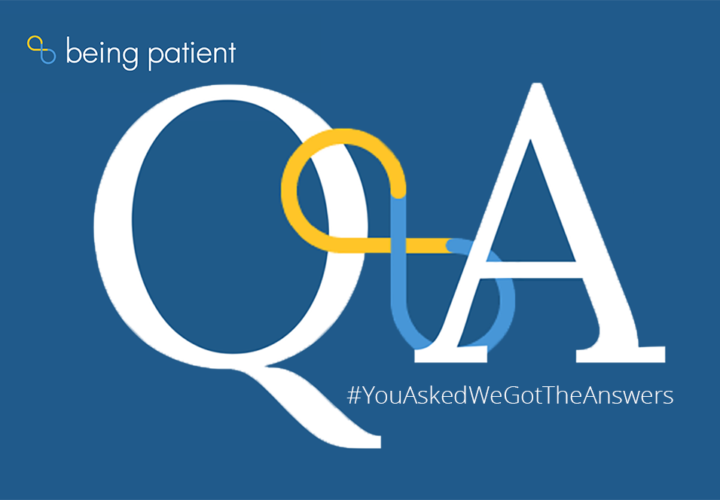Animal studies don't often translate to humans.
Could marijuana treat Alzheimer’s? That’s what scientists at the University Medical Center Goettingen in Goettingen, Germany were investigating when they found that THC, the main psychoactive ingredient in marijuana, helped mice perform better on memory tests.
The mice put to the test were genetically engineered to have symptoms of Alzheimer’s and given a synthetic form of THC for six weeks. When their memories were tested, they performed just as well as mice without Alzheimer’s.
Mice with symptoms of Alzheimer’s given a placebo could not complete the given task: remembering the location of the shallow part of a pool of water.
The mice given THC also had less neuronal loss and 20 percent fewer beta-amyloid plaques, the protein that accumulates in the brains of Alzheimer’s patients.
However, the findings were conducted in mice, not people—and they don’t suggest that healthy brains can benefit from THC use. The researchers also gave THC to healthy mice, and those mice had problems learning, a study author told NPR.
Additional studies presented at the Society of Neuroscience’s annual conference in San Diego showed that marijuana exposure to mice in the womb or in teenage years can disrupt memory and learning and damage communication between areas of the brain. Prenatal exposure resulted in making the animal more vulnerable to stress later in life.
“Today’s findings lend new understanding of the complex effects that cannabis has on the brain,” said Michael Taffe, Ph.D., an expert in substance abuse research at Scripps Research Institute, who moderated the press conference where the studies were presented. “While it may have therapeutic potential in some situations, it is important to get a better understanding of the negative aspects as well, particularly for pregnant women, teens, and chronic users.”
Clearly, more studies are needed before THC can be confirmed as a therapy for Alzheimer’s disease. And while the best way to figure out if that’s the case would be to test it on humans, clinical trials that involve THC come with risks and are tricky to carry out. Currently, scientists do not have enough evidence to recommend either THC or the other active chemical in marijuana, CBD.



